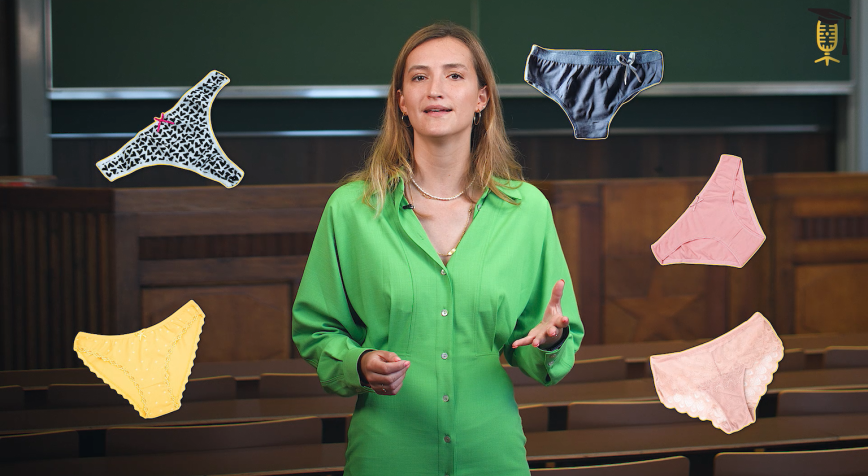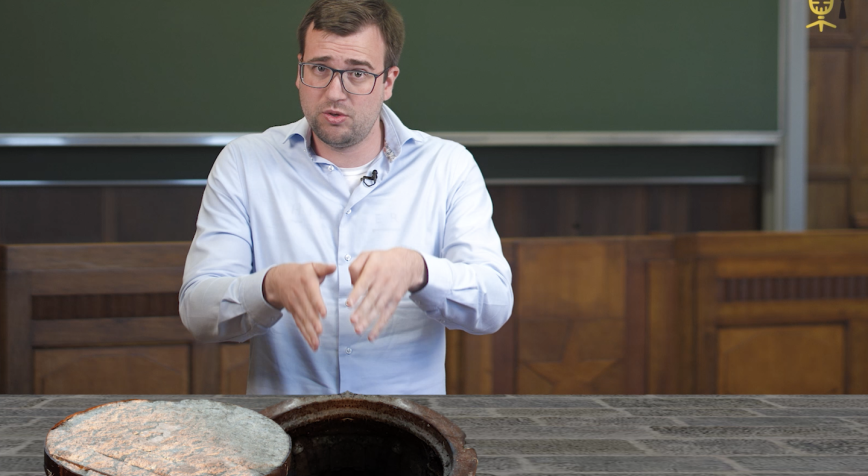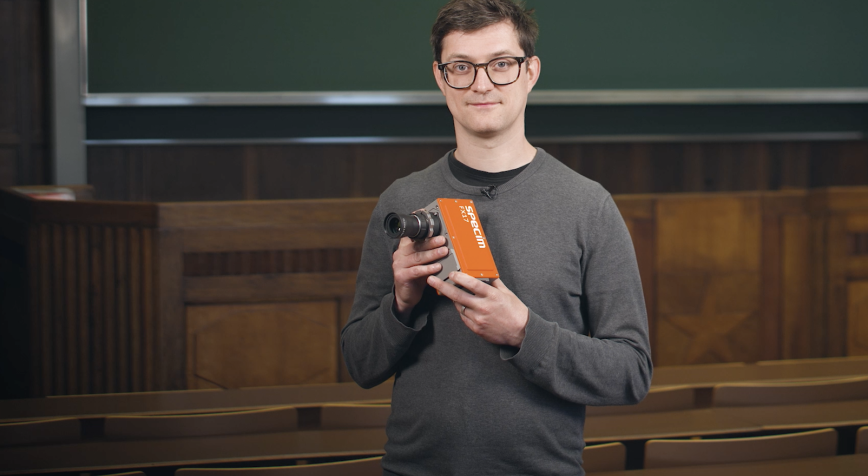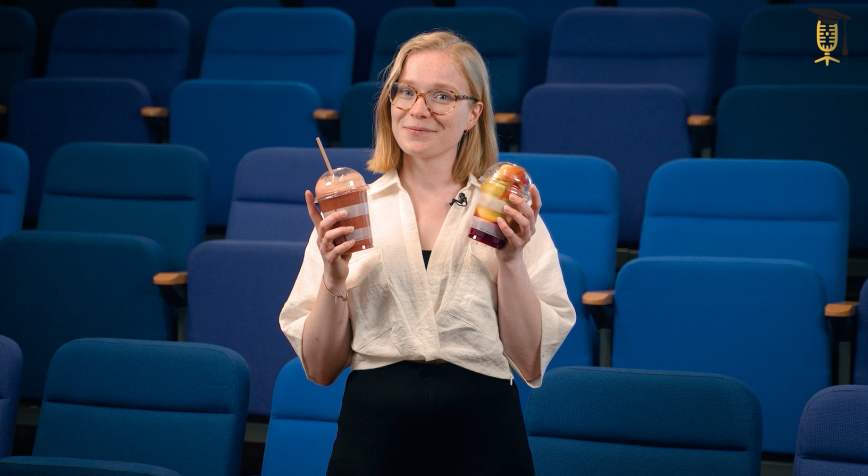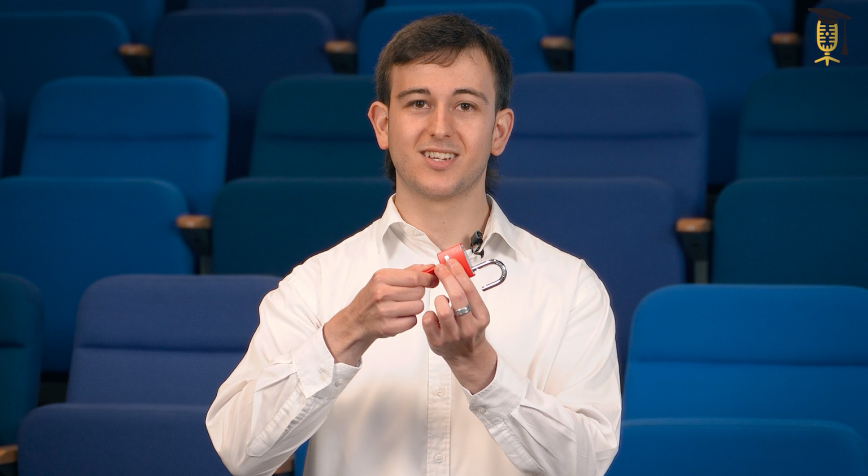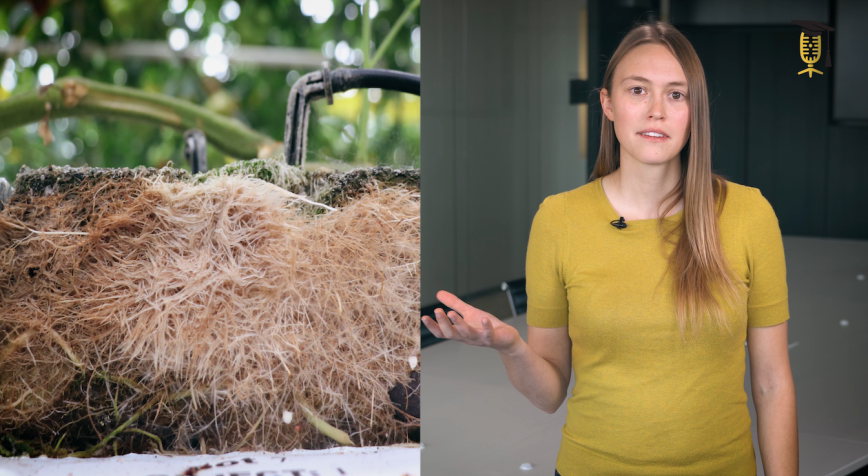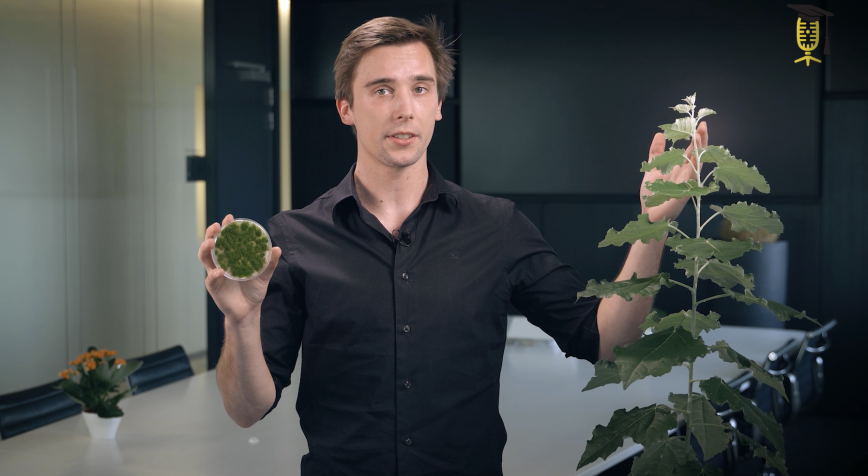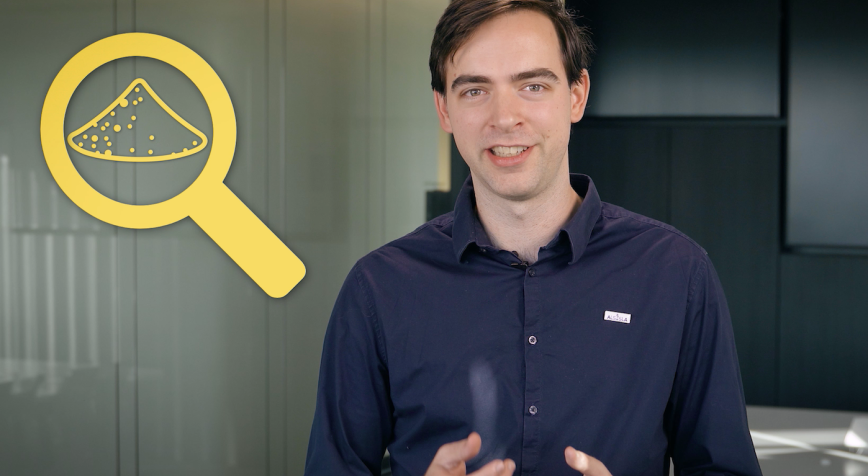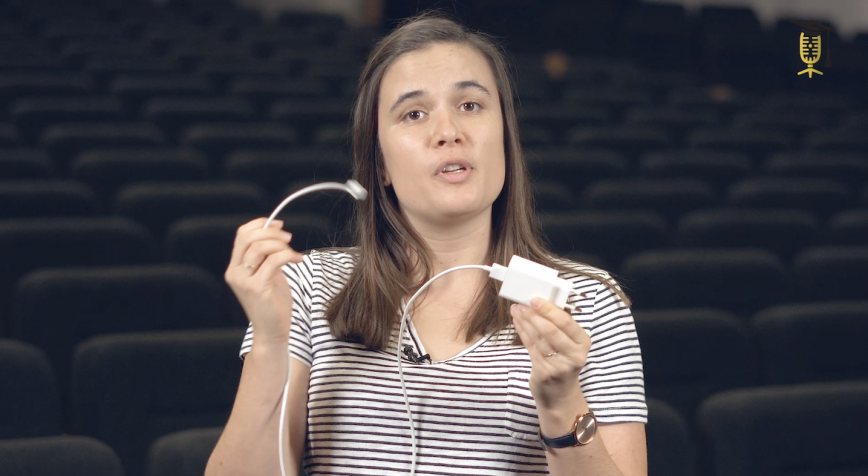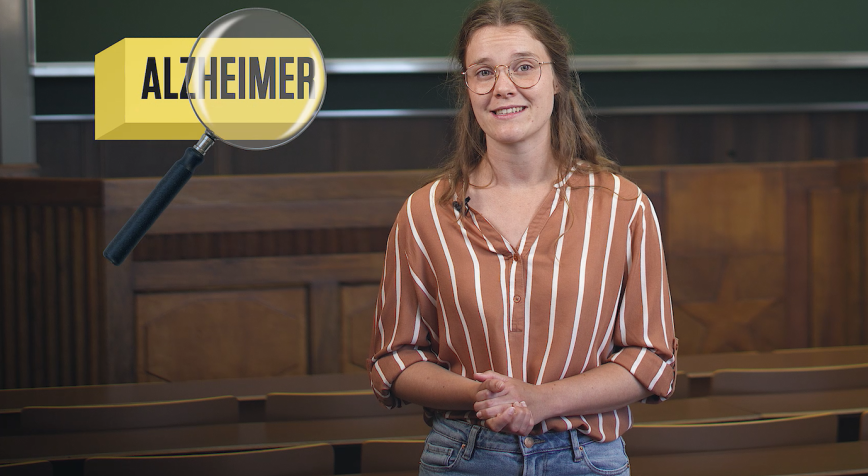
UAntwerpen
Alzheimer's puts you off balance
Alzheimer's not only affects memory, but also balance and orientation. "People with Alzheimer's move more slowly and unsafely, putting them at greater risk of falls and broken bones than their healthy peers," Joyce Bosmans explains. She advocates helping people with Alzheimer's to get balance training.
